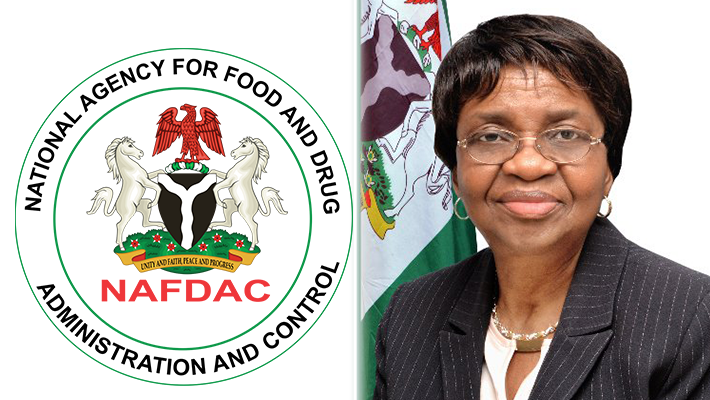National Agency for Food and Drug Administration and Control (NAFDAC) has evolved mechanisms to track and trace narcotic products from the source of production to the end user and the patient through narcotic drugs serialisation.
The move is designed to combat the menace of drug and substance abuse in Nigeria, particularly amongst the teeming youth population.
NAFDAC director-general, Prof Mojisola Adeyeye, disclosed the new initiative at the commissioning of the narcotic drugs serialisation pilot project in Lagos at the weekend.
She said, “We have realised our issue in Nigeria, and we are ready to address it,” noting that “narcotics were chosen amongst other classes of drugs to make sure that we do not have drug or substance abuse in Nigeria or to mitigate it. This will be replicated for all other NAFDAC-regulated drug products.”
Adeyeye recalled the ubiquitous misuse of Tramadol and Codeine all over the country when she got to NAFDAC in 2017 with their adverse effects on the mental health of young adults, children, and women that were selling codeine or tramadol. “For the first six months of my tenure, I was running after tramadol or codeine,” she asserted.
As a regulatory agency saddled with the responsibility of ensuring the safety and quality of medicines, the DG stated that NAFDAC places utmost importance on good distribution practices as a core mandate of the agency is to ensure that the distribution of medical products along the pharmaceutical supply chain reflects best global practices.
She however regretted that one of the greatest challenges that stakeholders face today in the healthcare sector is occurrence of substandard and falsified medicines, adding that in Nigeria, this problem is further compounded by the chaotic drug distribution practices of unscrupulous elements of society who do not place a premium on human lives.
‘’These are the sharp practices that the Traceability project (Track and Trace) seeks to stop’’, she maintained as she enthused that Track and Trace (Traceability) is indeed a game changer, adding that with this technology, medicines can now be tracked and traced right from the very source of production, the manufacturing plant, to the end user, the patient.
Through the scanning device on an Android phone, the NAFDAC boss said consumers can now verify the authenticity of the drug product they consume and be assured of the quality of medicines. More importantly, she said the track and trace technology is a veritable tool to be deployed in the event of medication recalls.
‘’The commissioning event of the project is a crystallization of a series of activities that the Agency embarked upon since May 2018, when we attended the very first GS1 Africa healthcare conference in Addis Ababa, Ethiopia. This led to the development and formulation of the Traceability Strategy Document, a five-year implementation roadmap for pharmaceutical products that was launched by the then Honourable Minister for Health in October 2020,’’ she said.





